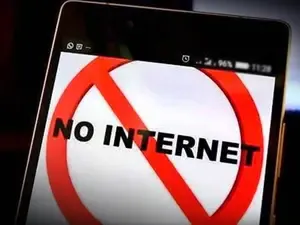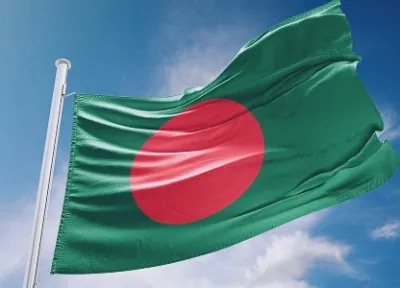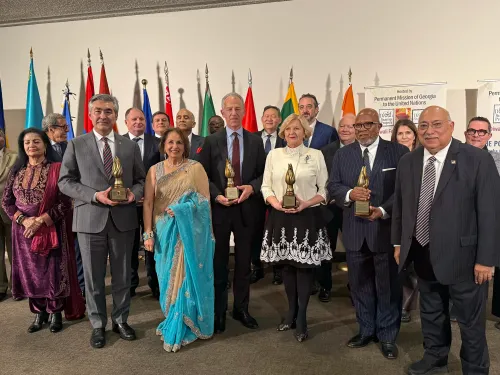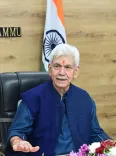How is Education, Online Business, and Media Reporting Disrupted in Balochistan?

Synopsis
Key Takeaways
- Internet suspension in Balochistan has disrupted education and businesses.
- Criticism from human rights organizations highlights concerns over civil liberties.
- Students and freelancers are facing significant challenges.
- Government measures have sparked debates on security vs. rights.
- Additional restrictions compound the difficulties for residents.
Quetta, Aug 10 (NationPress) Education, online commerce, and media coverage are experiencing significant interruptions in Balochistan, Pakistan, due to an ongoing suspension of internet services lasting several days. The provincial government asserts that this action was necessary to limit communications among armed groups operating in the area, as reported by local media on Saturday.
Officials indicated that the suspension was implemented following recommendations from security agencies, particularly in light of rising tensions in August, notably surrounding National Day festivities in Pakistan. A notification from the Pakistan Telecommunication Authority (PTA) confirmed that internet services would remain halted in Balochistan until August 31.
Criticism has arisen from students, business owners, journalists, and human rights organizations regarding the government's decision, as noted by The Balochistan Post. Students engaged in online classes have expressed their inability to attend lectures or submit assignments, with the impact being more severe in rural regions where educational resources are already scarce.
Freelancers and entrepreneurs in Quetta, Turbat, Khuzdar, and Panjgur have reported that their livelihoods are in jeopardy due to the internet suspension. One business owner lamented, "Our entire work relies on the internet; this shutdown has pushed us to the brink of financial collapse."
Media organizations have also been significantly affected, with journalists stating they cannot disseminate reports from the region, leading to what some have described as an "information blackout," according to the report.
Human rights advocates have expressed grave concerns about the government's decision, characterizing the internet suspension as a violation of civil liberties and an infringement on citizens' fundamental rights to education, economic activity, and access to information.
Local political and social organizations have accused the government of imposing collective punishment on the populace instead of enhancing security in the area. Critics have pointed out that residents face additional restrictive measures, including a ban on motorcycle pillion riding until August 15 and limitations on road travel for religious pilgrims to Iran and Iraq.
Earlier this week, the Human Rights Council of Pakistan condemned the authorities for shutting down internet and mobile services in Balochistan, labeling it a "blatant violation" of fundamental human rights.
"The decision by the Balochistan government to suspend 3G and 4G mobile and internet services across the entire province starting from August 6 is a cruel and disproportionate measure that targets millions of innocent citizens. This decision tramples on fundamental rights such as the right to communication, freedom of expression, education, health, and employment," stated the HRC Pakistan.
The rights organization questioned the legitimacy of silencing an entire province and disconnecting education, health, employment, and communication.
"Shutting down the internet does not harm terrorists but ordinary citizens. This is a dangerous pattern of collective punishment that undermines public trust rather than combatting terrorism," it concluded.










